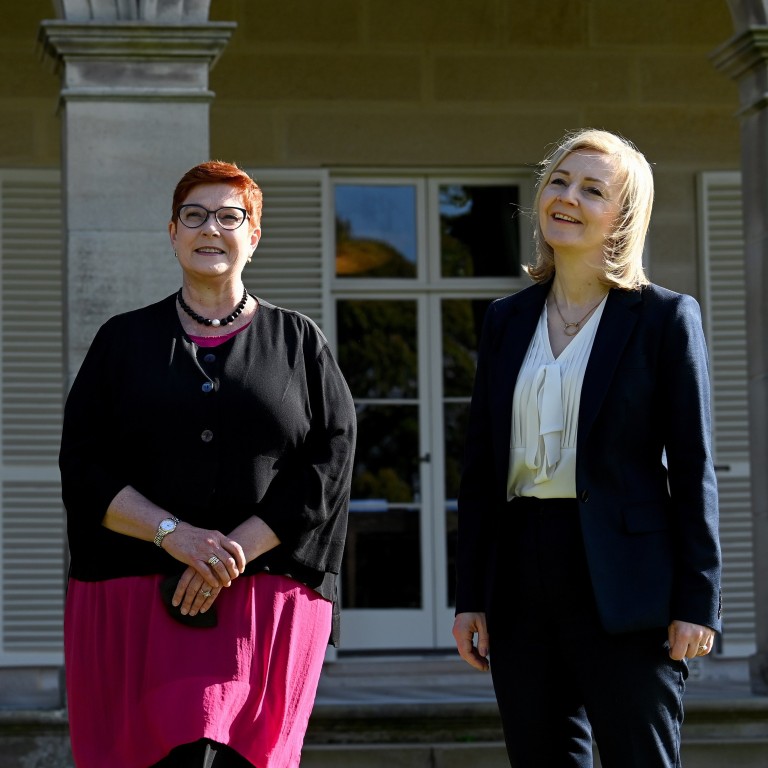
China-Russia remark by Britain’s Liz Truss ‘nothing short of demented’, Australia’s ex-PM Paul Keating says
- The British foreign secretary told The Sydney Morning Herald Beijing may use a Russian invasion of Ukraine as a chance to launch its own aggression
- Keating, who has pushed for more engagement with China, said Britain ‘does not add up to a row of beans’ in regards to East Asia
British Foreign Secretary Liz Truss’ assertion that China might use a Russian invasion of Ukraine as an opportunity to launch aggression of its own in the Indo-Pacific has sparked debate in Australia, with a former prime minister calling Truss’ remarks “nothing short of demented”.
Leading the criticism, Paul Keating, in a weekend op-ed, said her remarks after a bilateral security and defence meeting were “not simply irrational, demented”.
His comments follow a speech he gave at the National Press Club in Canberra in November in which the former leader, prime minister from 1991 to 1996, criticised the Australian government for leading its people “astray” on China and for formulating a plan to buy nuclear-powered submarines under a new security alliance with the UK and US.
Australia, UK work on advancing Aukus deal as China’s clout grows
His speech attracted a rebuke from Australian prime minister Scott Morrison who called it “out of line” with national policy.
During an interview with The Sydney Morning Herald and The Age, Truss was reported to warn that China could use a Russian invasion as an opportunity to launch its own aggression.
“I don’t think we can rule that out,” Truss said. “Russia is working more closely with China than it ever has. Aggressors are working in concert and I think it’s incumbent on countries like ours to work together.”
On Monday, the US asked families of its diplomats to leave Ukraine ahead of a potential Russian invasion and Britain began withdrawing staff from its embassy in Ukraine.
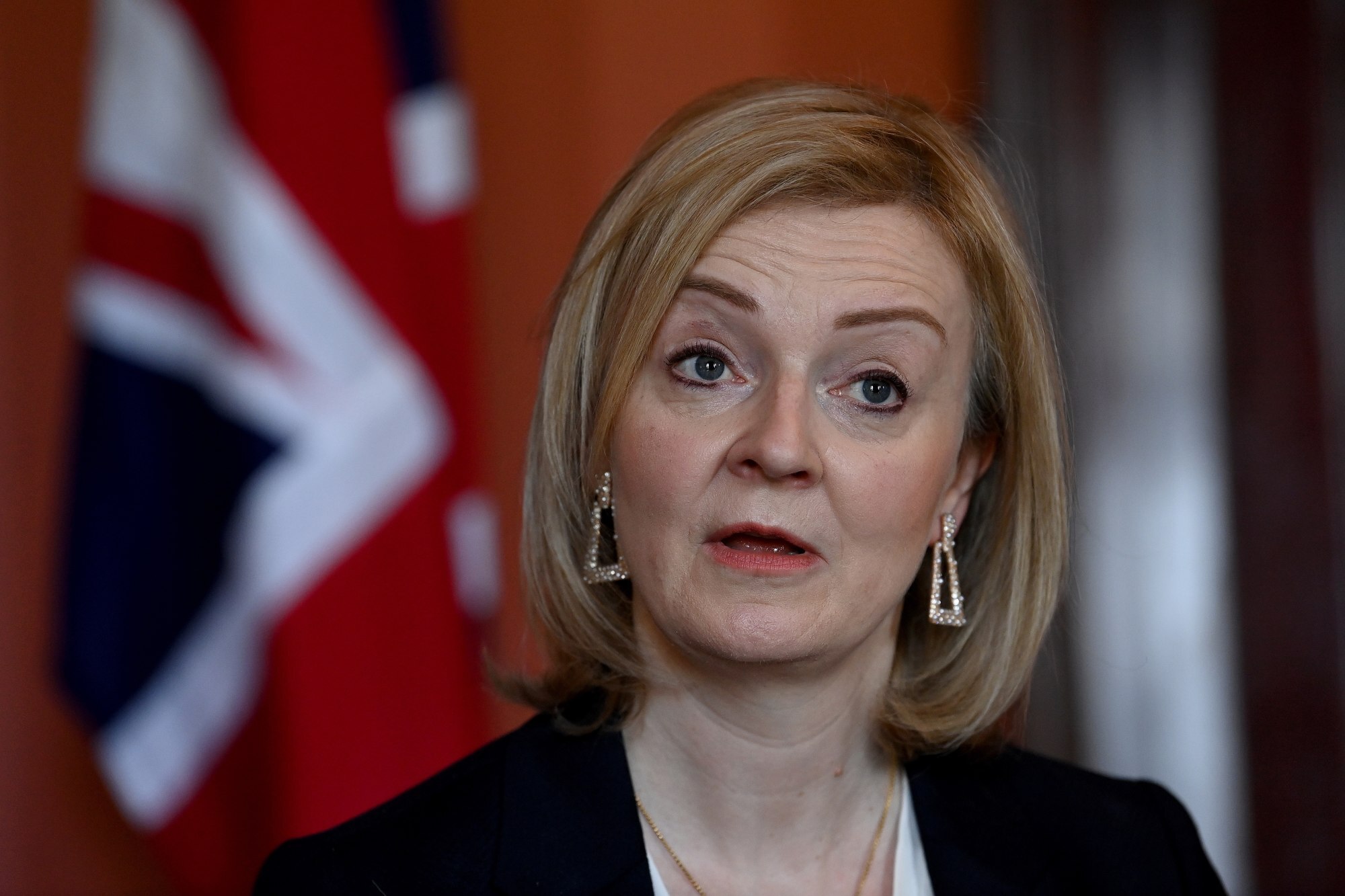
Truss, who was in Sydney for talks with Australian counterpart Marise Payne, is cited as a leading contender for Britain’s prime ministership in the event scandal-plagued Boris Johnson is forced out.
Keating, who led a centre-left Labour Party government, said Truss’s comments amplified the Australian government’s “desperate promotion of Britain as a strategic partner of Australia in a policy of containment of China”.
“The reality is Britain does not add up to a row of beans when it comes to East Asia,” he said.
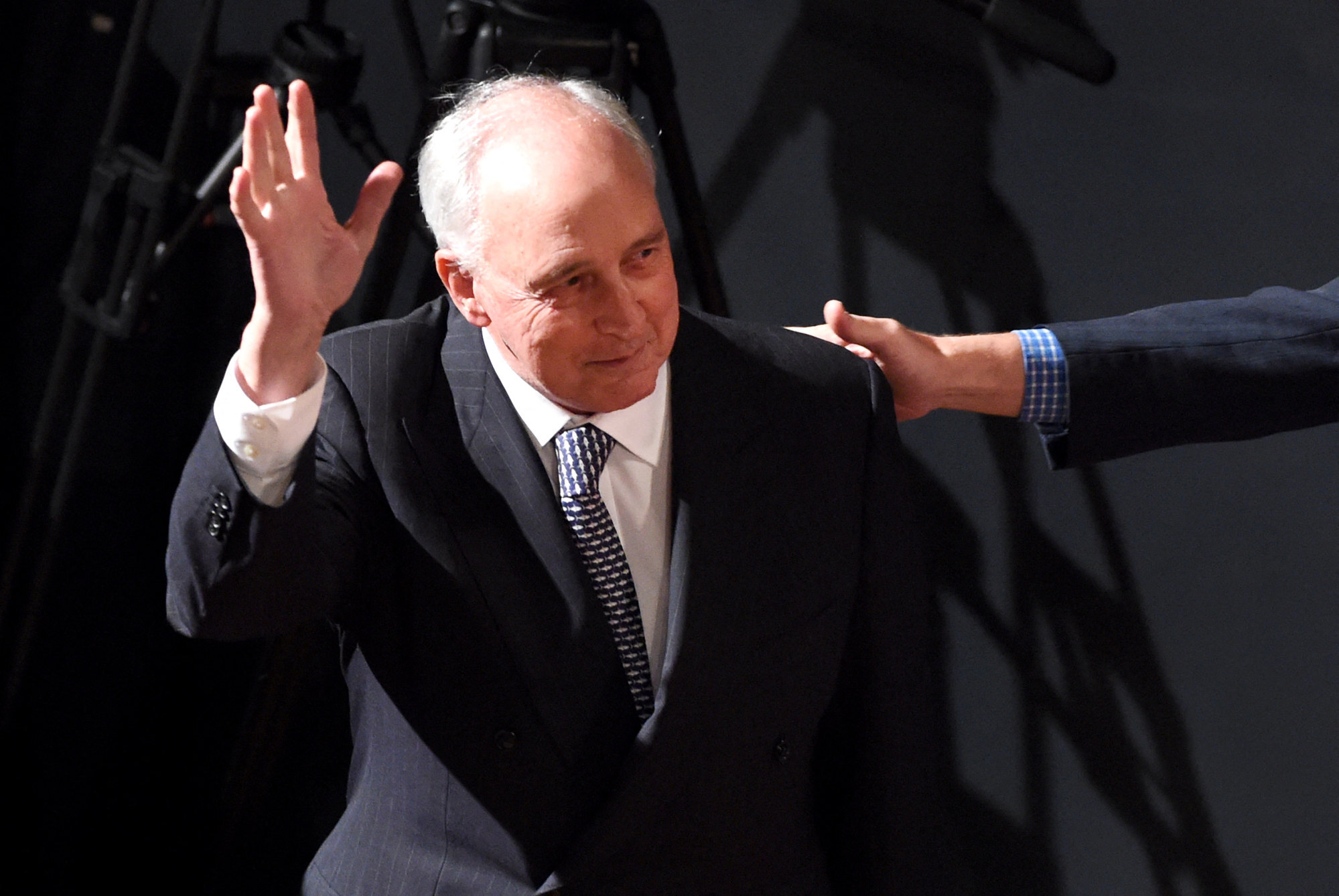
Truss said in a press release that “with the world facing increasing aggression from malign actors”, alliances between freedom-loving democracies were essential to “win the battle of ideas”.
Britain vows West, allies will ‘stand against aggressors’ ahead of G7 meet
“What happens in Eastern Europe matters for the world,” she said. “Threats to freedom, democracy and the rule of law are not just regional, they’re global,” Truss also said, in a speech at Australian think-tank, the Lowy Institute, on Friday.
“And that’s why we have to respond together. Iran’s nuclear programme has never been more advanced. China has been conducting military flights near Taiwan. And it is using its economic muscle to attempt to coerce democracies like Australia and Lithuania.”
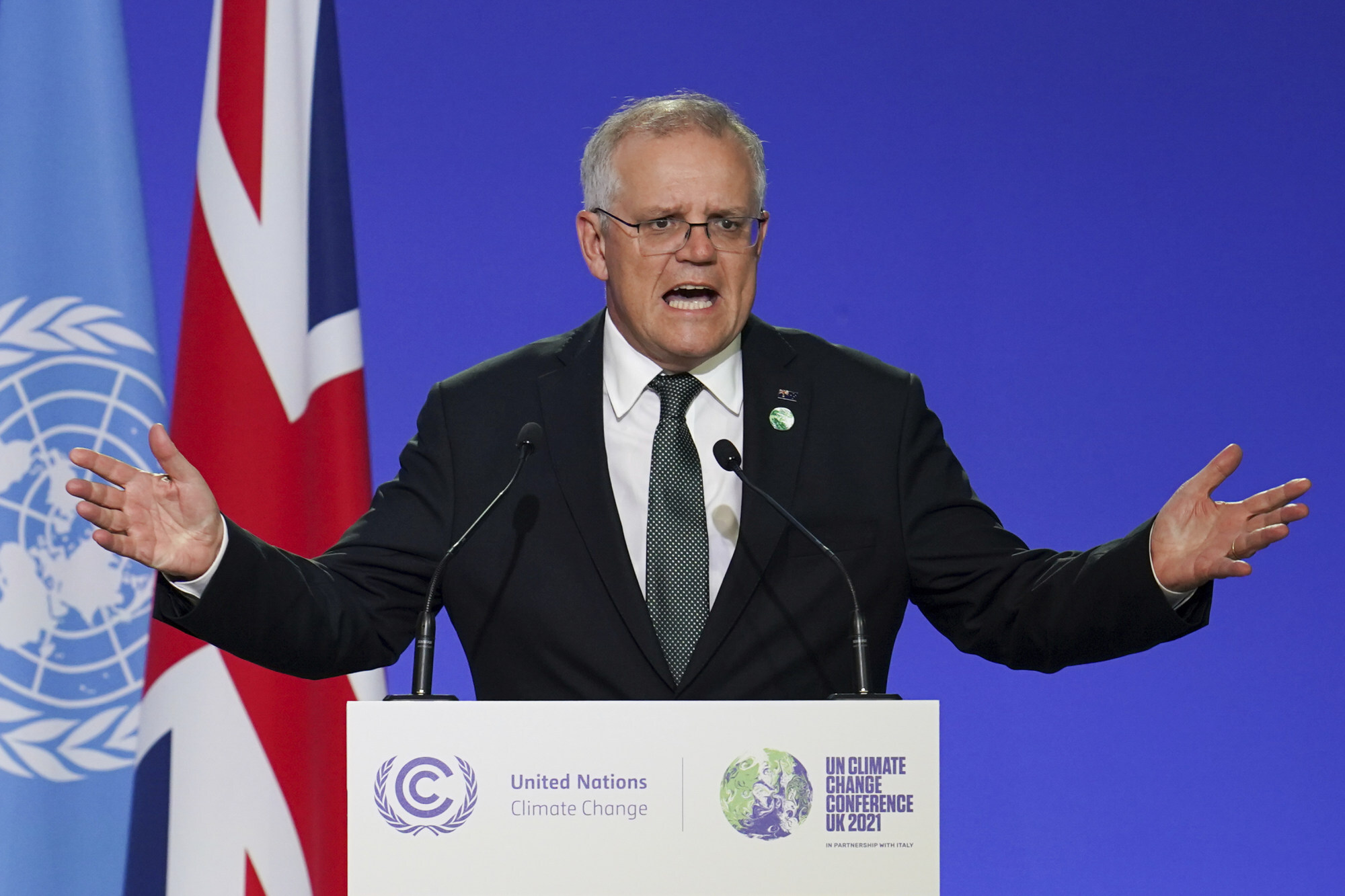
After AUKMIN concluded last week, it emerged on Monday that Prime Minister Morrison’s Chinese messaging WeChat app account had been hacked as senior members of his cabinet accused the Chinese Communist Party of foreign interference.
Tencent, the Chinese tech giant that owns WeChat, denied the account was hacked or removed from its platform.
Some commentators were not convinced Britain was an effective strategic partner with some labelling the AUKMIN meeting as hyped-up nostalgia of a bygone “British Australia”.
The University of Sydney’s professor of history James Curran, who previously held roles in the government’s defence and intelligence departments, said history had shown “Australian leaders mistakenly believed cultural affinity with Britain guaranteed shared strategic purpose in Asia”.
“While British and European interest and support for regional stability in Asia is welcome, we need to be realistic about what, materially, countries like the UK can provide in substantive terms in the event of hostilities breaking out,” Curran said.
“The reality is their contribution would be very limited, just as Canberra could offer little in the event of a conflict over Ukraine.”
Curran also said the UK’s weakness in terms of a China strategy was laid bare when Truss said that to mitigate economic dependence on China, like-minded countries should steer towards more rules-based trading blocs like the Comprehensive and Progressive Agreement for Trans-Pacific Partnership (CPTPP), a pact China was also looking to join.
“The British Foreign Secretary’s muddled thinking on the CPTPP reflects how the UK and Australia are prioritising new Cold War rhetoric over developing a clearly defined China policy,” he said.
John Blaxland, a professor of international security and intelligence studies at the Australian National University, said Australia and the UK’s agreement to cooperate was no different to many alliances such as the Five Eyes intelligence-sharing arrangement, involving the US, Britain, Canada, Australia and New Zealand, which was not a relationship between “colonial master and subordinate”.
“It’s a relationship between peers, formed by shared interests reinforced by common values, experiences and outlooks.”
“The UK and Australia are US allies who are looking to engage with each other, and also help retain US engagement with the world.”
The relationship between Australia and Britain was also mutually beneficial, he added, as Britain’s new post-Brexit global plans, including validating its special relationship with the US and increasing trade with Japan, Australia and others in the Indo-Pacific, overlapped with those of Australia.
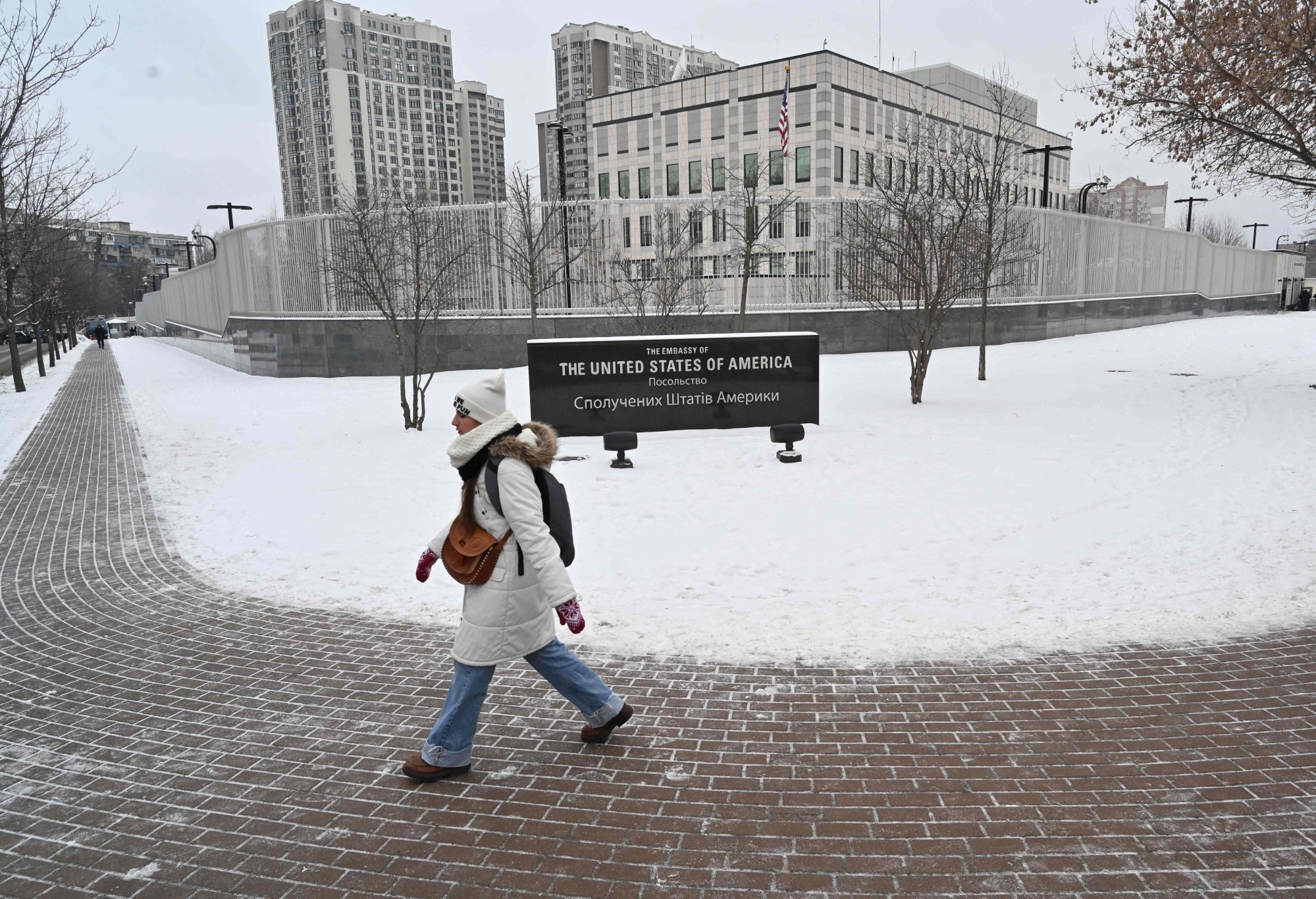
Similarly, Truss’s warning on a Ukraine-triggered Chinese attack was not unfounded, Blaxland said, as history had shown that “when there’s a conflict at one end of the Eurasian land mass, it provides an opportunity for mischief at the other end”.
“China has been very assertive over the no-fly zone and really testing the limits of Taiwan’s resilience,” he said.
Liz Truss is the UK’s new foreign minister. What are her views?
“The notion that [China] would use a crisis in Ukraine to pursue in some way, shape or form their interests in Taiwan, or perhaps the Korean peninsula, is not at all unreasonable. It’s completely logical and sensible. Every pundit out there is worried about that exact equation.”
Over the weekend, Taiwan’s ministry of foreign affairs said in a tweet the agreements made during the AUKMIN meeting “underscored the importance of peace and stability across the Taiwan Strait”.


